The Impact of Advances in Pathology Equipment: Changing the Medical Landscape
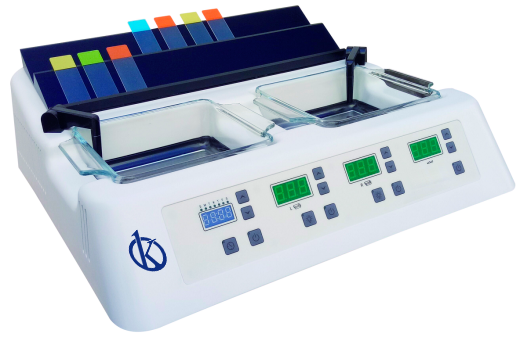
Pathology, as a subspecialty of medicine, focuses on the study and diagnosis of diseases through meticulous examination of organ, tissue, and cell samples. Crucial in this process are the pathology equipment. The manufacturer Kalstein is setting the standard in the design and production of reliable and high-quality equipment, significantly altering the approach of modern medicine.
Under the expert’s magnifying glass: The most sophisticated accessories for laboratory benches

Nowadays, modern laboratories require high-tech equipment to achieve the necessary precision and efficiency in the experiments and studies they carry out. From the most advanced microscopes to the most sophisticated bench accessories: everything plays a key role. Among these, manufacturer Kalstein stands out for offering the highest technology equipment, boosting the efficiency of your laboratory.
The Power of a Kalstein Steel Workbench
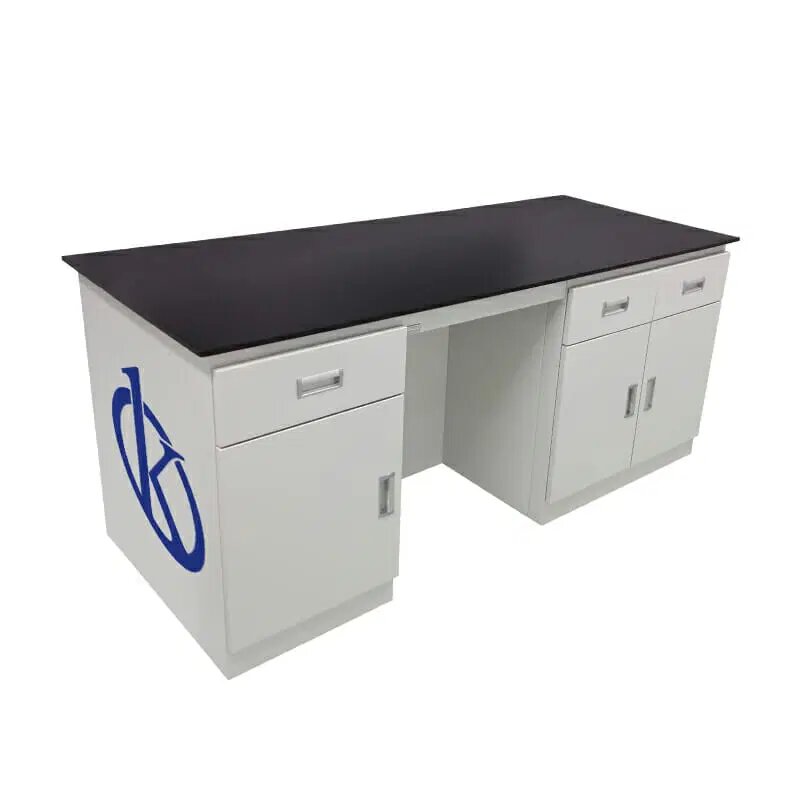
A clinical laboratory is a throbbing heart of innovation and discovery. To keep this machine well-oiled, it is vital to have the right equipment. One that is often overlooked is the humble steel workbench. This versatile piece of laboratory furniture is essential for the daily operation of any lab. Its resilience, durability, and capacity to withstand adverse conditions make it a worthy lab partner.
The Crucial Role of Veterinary Anesthesia Machines in Your Pets’ Health

In the realm of veterinary medicine, just as in human medicine, anesthesia plays a vital role in surgical procedures. Anesthesia machines allow veterinary specialists to perform complex surgeries with minimal risk, while ensuring the pet’s comfort throughout the process.
Technological Advances in Veterinary Medicine: The New Age of Animal Care Alongside the Anesthetic Machine
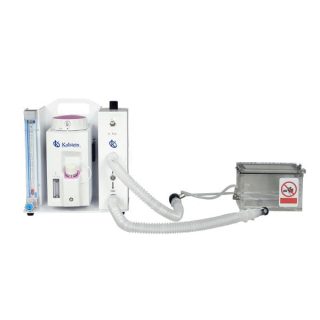
The digital age has brought about a revolution in all aspects of our life, and veterinary medicine is no exception. The growing development in medical technology has allowed a qualitative leap in the care of our pets and animals. Tools previously only available to humans are now being adapted and applied in the veterinary field. Among these advances, anesthetic machines are perhaps one of the most significant.
Optimizing Veterinary Practice with Portable Ventilation Anesthesia Machines: An In-Depth Look
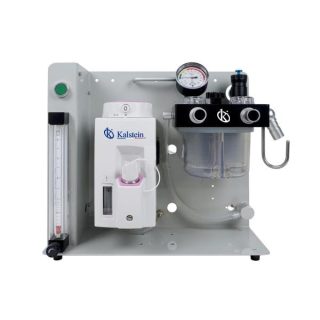
Technology has radically transformed veterinary care, particularly through the incorporation of portable ventilation anesthesia machines. These novel devices facilitate surgeries thanks to their efficiency and safety. But how are these machines used during an operation on your pet? Next, we will explore several vital aspects of this topic.
Enhance Your Surgery by Increasing Precision with Optical Surgical Navigation by Kalstein

In the world of modern medicine, technological advancements have revolutionized the way surgical procedures are performed. Optical surgical navigation has transformed surgery leading to improved precision and hence, safer and more effective results.
Advantages of the Portable Veterinary Anesthesia Machine in Emergency Operations

The world of veterinary medicine has come a long way in recent decades, and one of the significant advancements is the creation of portable anesthesia machines. These machines provide animal health professionals with an efficient and safe way to administer anesthesia to their patients during emergency operations.
Advances in Neonatology: Unparalleled Advantages of the Infant Phototherapy Incubator
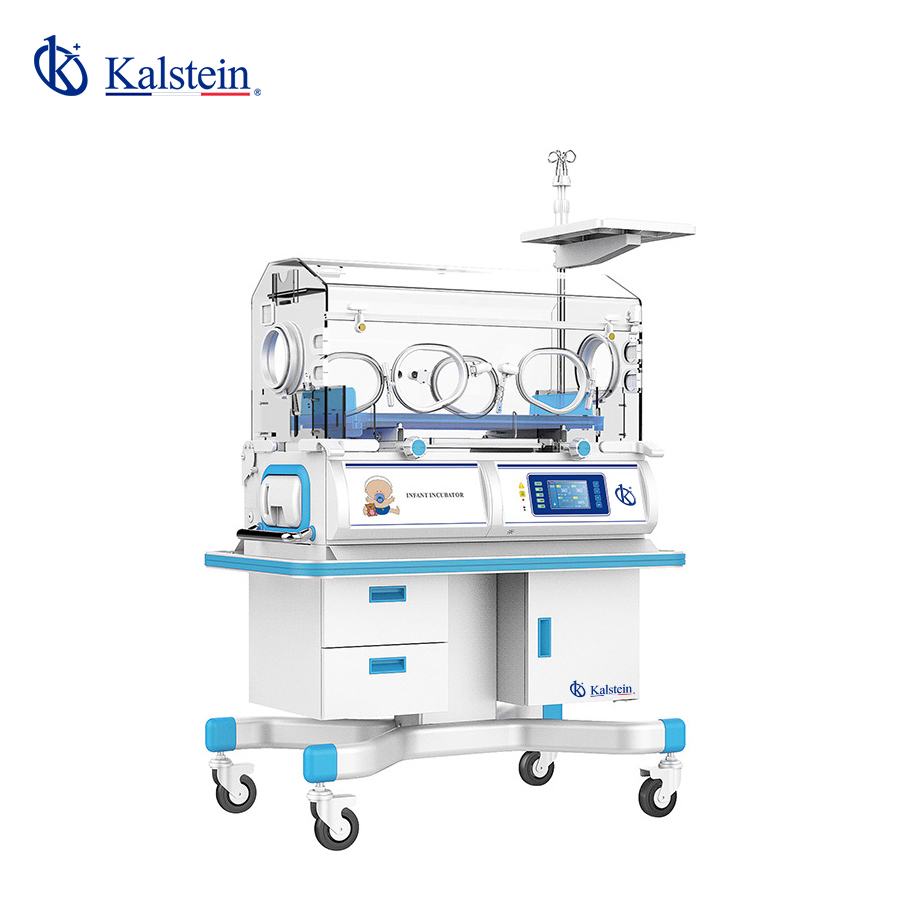
The advancement of technology has completely transformed healthcare, especially in the field of Neonatology. Laboratory equipment manufacturers, such as Kalstein, have strived to develop innovative and high-quality instruments. Among these, infant phototherapy incubators have revolutionized neonatal care, offering a wide range of advantages compared to traditional methods.
Precise Results with Advanced Ultrasound Scanners

Undoubtedly, the field of laboratory equipment has experienced a notable evolution. In our focus today, we highlight the advances, characteristics, and trends that are evident in ultrasound scanners in 2024, with special emphasis on Kalstein’s products. As a renowned manufacturer, Kalstein offers high-quality devices that guarantee precise results, at affordable prices.
